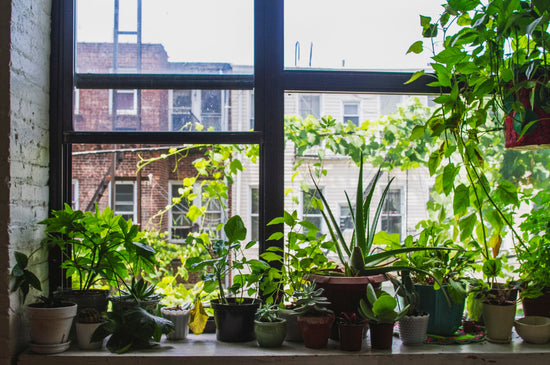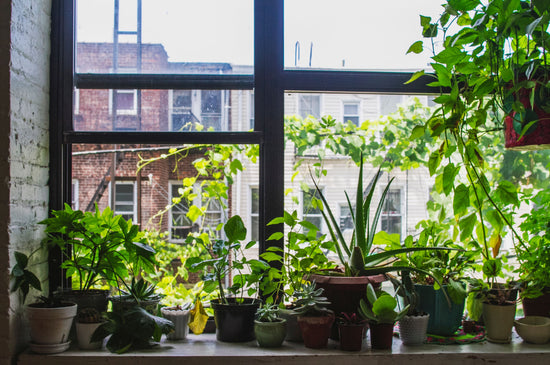Are Clematis Acid-Loving Plants?
Clematis vines, renowned for their captivating blooms, are a garden staple for many. However, when it comes to soil preferences, clematis plants stand apart from acid-loving plants like rhododendrons or azaleas. These stunning climbers thrive in neutral to slightly alkaline soils, with a preferred pH range between 6.5 and 7.5. For gardeners eager to see their clematis flower at its best, understanding and meeting its soil requirements is crucial.

Understanding Clematis Soil Preferences
The clematis vine plant is adaptable but will struggle in overly acidic soil. Acidic conditions hinder nutrient absorption, leading to stunted growth and diminished blooms. If your garden soil is naturally acidic, consider amending it with lime to create the ideal growing environment for your clematis vine. A soil test kit can help determine your starting pH, guiding you toward the necessary adjustments.

How to Create the Perfect Soil for Clematis
- Adjusting Soil pH: Add ground limestone or garden lime to neutralize acidic soils. Work the amendments into the soil around your clematis plant well before planting.
- Enhancing Drainage: Clematis vines hate "wet feet," so mix compost, perlite, or sand into heavy soils to improve drainage.
- Incorporating Organic Matter: Clematis flower plants thrive in nutrient-rich environments. Blend compost or well-rotted manure into the soil to feed your clematis vine.
Pairing clematis with plants that share similar soil preferences, like roses or lavender, creates visually stunning garden combinations. Once your soil is prepared, your clematis plant is ready to flourish.

Ideal Companion Plants for Clematis
Clematis vines often thrive when paired with other plants. They grow exceptionally well with climbing roses, where their blooms complement one another beautifully. To provide shade for the roots of your clematis flower plant, consider ground cover plants like hostas or creeping thyme.
Take the next step and explore our Clematis Collection for varieties that suit your garden’s style and conditions.

FAQ: Are Clematis Acid-Loving Plants?
Q: Can clematis survive in slightly acidic soil?
A: Yes, clematis vines can tolerate slightly acidic soil (pH 6.0–6.5) but perform better in neutral to slightly alkaline conditions.
Q: What happens if clematis plants are grown in highly acidic soil?
A: Clematis flowers may become smaller or stop blooming altogether due to nutrient deficiencies. Correcting the pH is essential for long-term growth.
Q: Should I grow clematis in containers if my soil is too acidic?
A: Yes! Growing clematis vine plants in containers allows you to control soil pH and ensure proper drainage.





